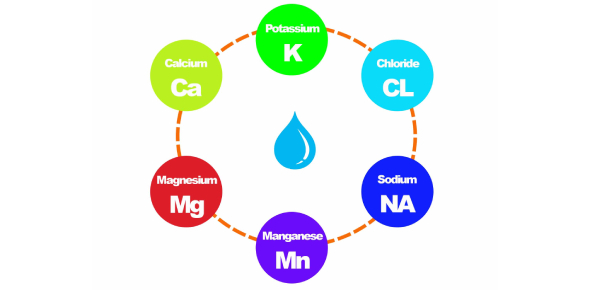Sodium and Electrolyte Balance on a Low-Calorie, Low-Carbohydrate Meal Plan
In recent years, low-calorie and low-carbohydrate meal plans have gained popularity with their potential benefits for rapid weight loss and overall health. While these ketogenic dietary approaches can indeed offer positive outcomes, it’s crucial to recognize the impact they can have on sodium and electrolyte balance. Insufficient attention to these essential components can lead to potential health concerns, making it imperative for individuals to be mindful of their electrolyte intake when embracing a low-calorie, low-carbohydrate lifestyle.
The Role of Insulin:
To understand the connection between low-calorie, low-carbohydrate diets, and electrolyte balance, it’s essential to examine the role of insulin. Insulin, a hormone produced by the pancreas, plays a central role in regulating blood sugar levels. In low-carbohydrate meal plans, the body experiences reduced insulin production due to the limited intake of carbohydrates. Low insulin levels prompt the kidneys to release sodium, a key electrolyte, into the urine.
Electrolyte Imbalance:
Electrolytes, including sodium, potassium, and magnesium, are essential minerals that play a crucial role in maintaining proper cellular function, nerve impulses, and fluid balance within the body. When insulin levels drop, the body expels sodium, which can lead to an electrolyte imbalance. This imbalance may result in symptoms such as muscle cramps, fatigue, dizziness, and even more severe complications like arrhythmias.
Increased Need for Sodium:
Contrary to the prevailing belief that sodium is always detrimental to health, adequate sodium intake becomes crucial in the context of low-calorie, low-carbohydrate diets. Sodium is an essential electrolyte that helps maintain fluid balance and supports nerve and muscle function. When insulin levels are low, the body excretes more sodium through urine, emphasizing the need for an increased intake to replenish what is lost.
Strategies for Maintaining Electrolyte Balance:
- Salt Supplementation:
Incorporating adequate amounts of high-quality salt, such as sea salt or Himalayan salt, into meals can help replenish sodium levels. It is also a good idea to add Iodine as it is needed to make the thyroid hormones thyroxine and triiodothyronine, which assist with the creation of proteins and enzyme activity, as well as regulating normal metabolism.
- Hydration:
Staying well-hydrated is crucial for proper cellular function and overall health. Hydration is the combination of water intake, along with proper electrolyte balance so the body can hold on to water. Adequate water intake is critical, but it is not the only element needed for hydration. Low carb and low insulin diets require extra attention for electrolytes. When adding in exercise, physical labor, hot weather, air travel, caffeine, or alcohol, these needs are only intensified.
- Nutrient-Dense Foods:
Including foods rich in potassium and magnesium, such as leafy greens, nuts, and seeds, can contribute to overall electrolyte balance. Whole foods remain the best way to derive our nutrients but when that is not enough, supplements are essential.
- Electrolyte Supplements:
In some cases, individuals may benefit from electrolyte supplements, especially during the initial adaptation phase of a low-carbohydrate diet. It may remain important to supplement if one is eating more of a whole food diet without the typical high sodium in restaurant and or packaged foods.
- Regular Monitoring:
Periodic blood tests can help individuals track their electrolyte levels and make informed decisions about adjustments to their diet or supplementation.
While low-calorie, low-carbohydrate meal plans can be effective for weight management and metabolic health, it’s crucial to recognize the potential impact on sodium and electrolyte balance. Proactively addressing these concerns through strategic dietary choices, proper hydration, and, supplementation can help individuals reap the benefits of their chosen diet plan while safeguarding their overall well-being. As with any dietary change, consulting with healthcare professionals is recommended to tailor recommendations based on individual needs and health status.


